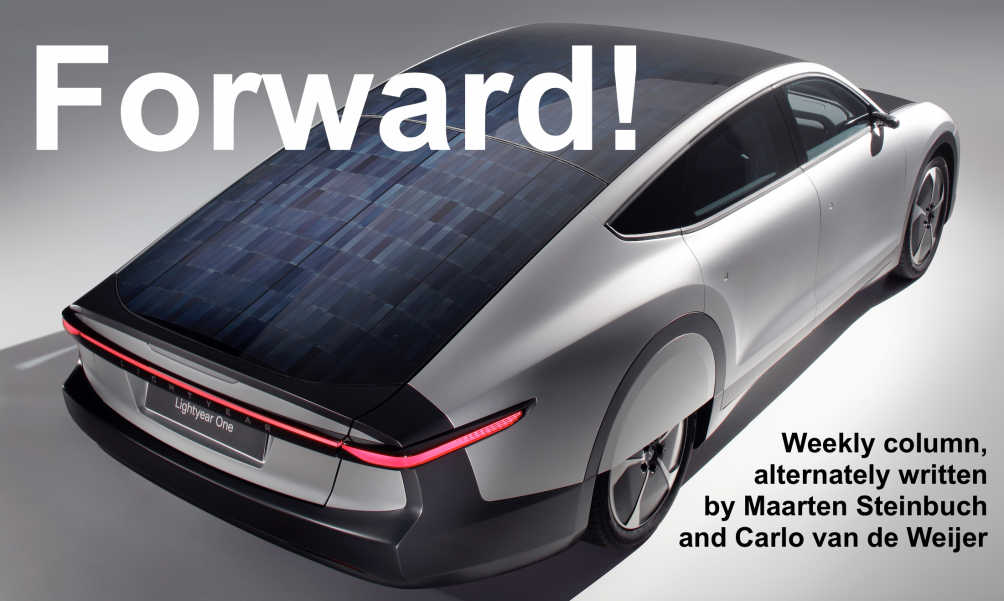
These are exciting times on the road. With the loosening of the home working advice, everyone is keeping a close eye on whether or not traffic jams are going to return as usual. Interest groups on all sides are ready to scream blue murder about a gridlocked country. Now that the congestion figures are reaching precoronal peaks again, the first press releases in this direction are already appearing. At the same time, the Netherlands Environmental Assessment Agency (PBL) paints a very optimistic picture of congestion. The PBL foresees fewer traffic jams in the long term because more people will continue to work from home, and therefore advises the government to take a closer look at the billions it is planning to invest in the road network and public transport.
I only partly share that optimism, because seeing how many used cars have been sold suggests that many public transport users have found the car as a means of transport and it is very questionable whether they will all return to bus or train. I predict that traffic congestion will soon be at its former level.

Still, I agree with the call for restraint in mega-investments for new road capacity. We should just look the inevitable returning traffic jam ghost straight in the eye, and we will see that there is little harm behind the white sheet. The social damage of delays is not as high as the mentioned lobby clubs want us to believe. Now that we also know that it is possible to work smarter with working hours and places, the traffic jam driver increasingly lacks reasons to complain. We’ve built enough road and rail capacity in recent decades to move freely around peak hours for decades to come.
There is yet another reason for a reluctance to invest billions in roads and rail. A very expensive and complex maintenance task awaits us. According to a TNO forecast, the cost of infrastructure renewal will rise from €1 billion annually to €3 billion to €4 billion in the period 2040-2050 and to €4 billion to €6 billion annually thereafter. The next Minister of Infrastructure is not to be envied. Maintenance plans won’t win you the popularity prize. You have to shout loudly, with a shovel in your hand, that the country is in danger of becoming gridlocked. The public associates that with decisiveness.
Former Dutch Minister of Transport Camiel Eurlings, in particular, was known for this, even though – eleven years ago – he mainly surfed on the plans of his predecessors and confronted his successors with the practical objections of many a short-cut promise. I hope that the new minister – whoever it may be – dares to put maintenance high enough on the agenda and does not start chasing congestion ghosts pointlessly. There is no room for camieleurlings populism for the time being.
Maarten Steinbuch and Carlo van de Weijer are alternately writing this weekly column, originally published (in Dutch) in FD. Did you like it? There’s more to enjoy: a book with a selection of these columns has just been published by 24U and distributed by Lecturis.

